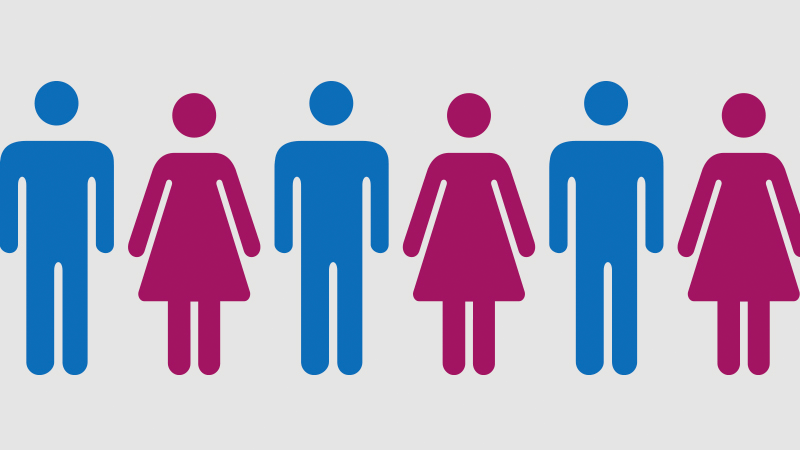A professor at a controversial ‘gender identity’ clinic for children has said that just “one child born in every 20,000” experiences transsexual feelings.
Professor Gary Butler, clinical lead at the UK Gender Identity Development Service, stressed that it is “incredibly rare” for children to ‘question their gender’.
The strikingly low number raises questions over the level of media coverage and Government time given to the transsexual issue.
‘Horrendous’ results
The BBC has come under fire for its one-sided reporting on transsexualism and ministers are currently considering radical proposals to “streamline and de-medicalise” the process by which people ‘change sex’.
Professor Butler made his comments on BBC Radio 4’s Today Programme, where he was joined by Lord Robert Winston, Emeritus Professor of Fertility Studies at Imperial College London.
The results are horrendous in such a big proportion of cases
Lord Robert Winston
Lord Winston stressed that scientists don’t understand the cause of transsexual feelings, and spoke of the dangers of a “blunderbuss” approach by doctors.
Commenting on ‘sex-change’ surgery, he said: “The results are horrendous in such a big proportion of cases.”
Damage
Citing his work in fertility clinics, he added that there are “long-term results” from hormones and surgery which have left people feeling “quite badly damaged”.
He particularly highlighted that the long-term effects of taking hormones “are likely to affect reproductive function”.
Lord Winston added that doctors must consider whether they are doing “good not harm”, in line with historic medical practice.
During the discussion, on Wednesday morning, the Today Programme referred to a woman who regretted her decision to pursue hormone treatment.
Trans regret
Kate, a medical student who spoke anonymously to the BBC, took the drastic decision to inject herself with testosterone bought on the internet, after she came to believe she was “trans”.
After 12 months of hormone injections, she realised that she “wasn’t comfortable” with what was happening to her and stopped administering them.
Kate told the BBC that she was misguided in pursuing transsexualism. She has been left with facial hair and a low voice due to the drugs.
She added that she is concerned for the current generation of young people saying: “A young person now may take hormones and they may even have surgery and later regret it… by giving treatment to young children, we may be perpetrating a great harm and we might look back on this in 30 or 50 years and see it as one of the great medical blunders of the 21st century”.

